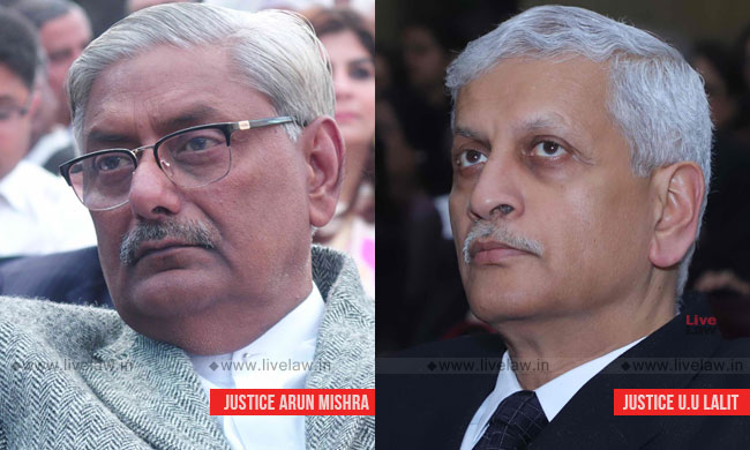Breaking : SC Refers Centre's Review Against Judgment Diluting SC/ST Act To 3 Judge Bench
Nilashish Chaudhary
13 Sept 2019 10:45 AM IST

Next Story
13 Sept 2019 10:45 AM IST
The Supreme Court bench consisting of Justices Arun Mishra and U U Lalit on Friday referred to a three judge bench the Centre's petition seeking review of its March 20, 2018 judgement which had virtually diluted provisions of arrest under the SC/ST Act."Laws in the country should be uniform and cannot be for general category or SC/ST category," the top court had said while reserving its...
